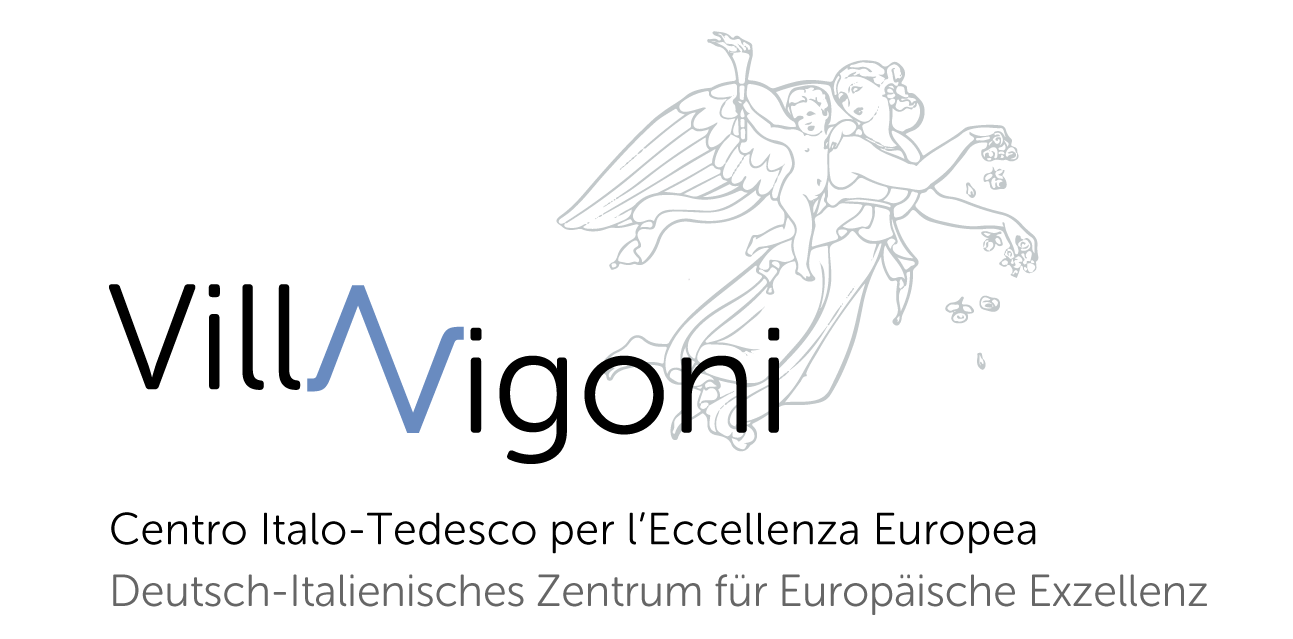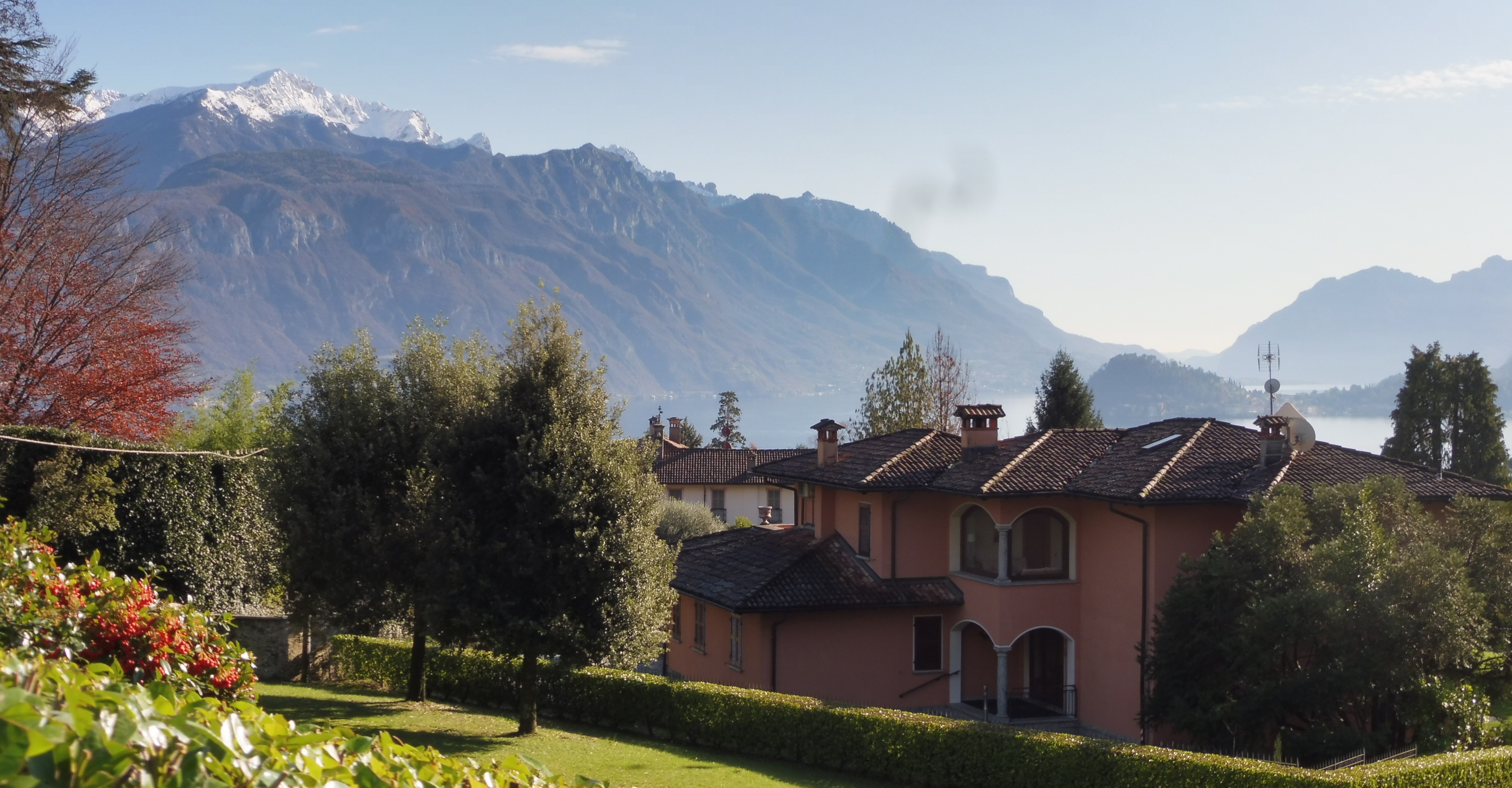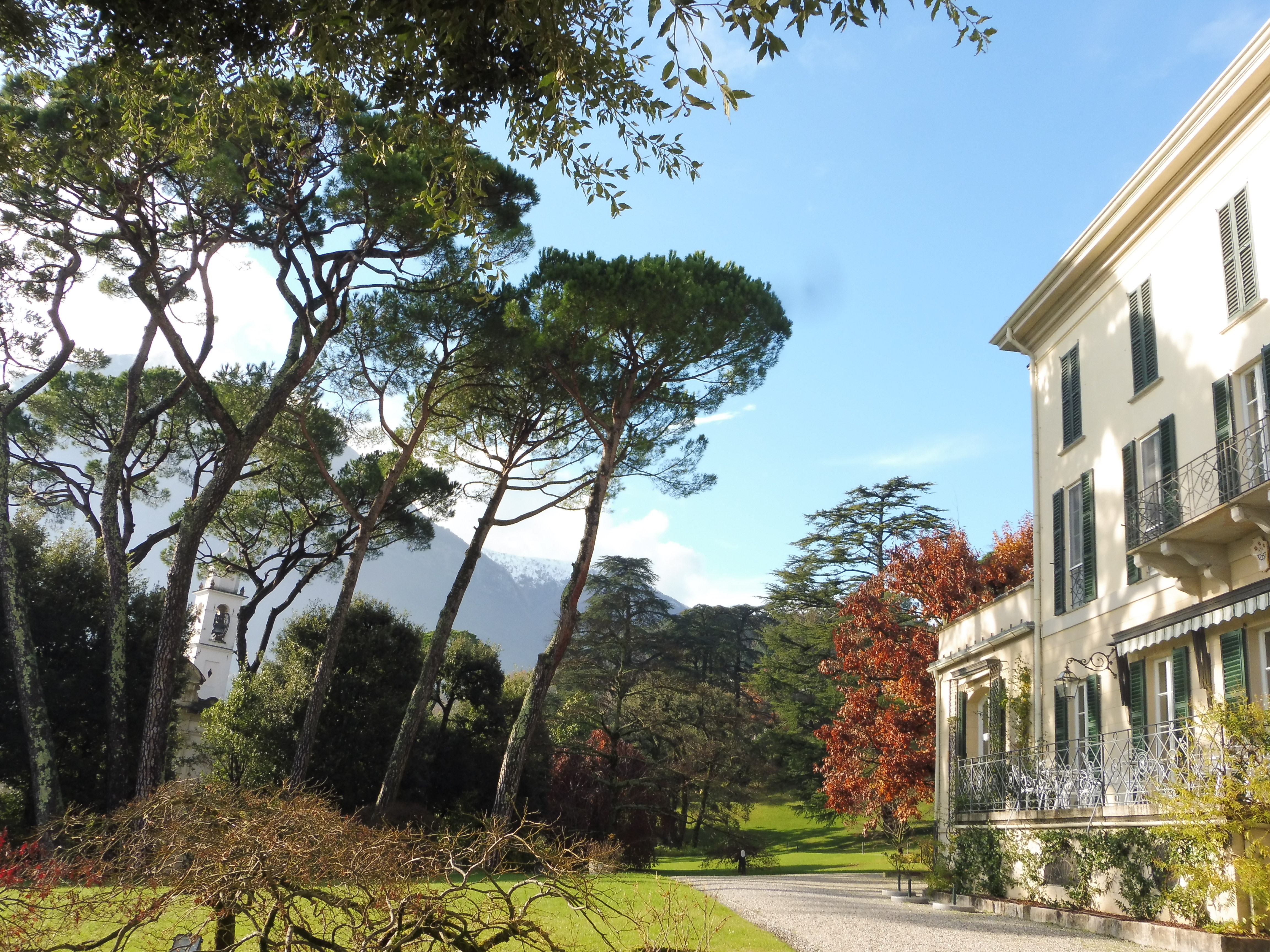Publication of the German-Italian Cultural Heritage Symposium Conference Volume
At the end of 2019, the Fraunhofer IMW Innovation Acceptance Unit and the Fraunhofer ISC organized a German-Italian symposium to discuss and further develop concepts with the goal of protecting cultural heritage from the effects of climate change. The digitization of cultural heritage, for example, the use of digital twins for damage and material analysis, was one of the four main topics of the symposium. The Fraunhofer IMW Innovation Acceptance Unit moderated the main topic “Cultural Heritage and Society“, during which they also presented the results of a study on the social value of cultural heritage. Now, Fraunhofer IMW has issued a conference volume that combines lectures from the international experts in attendance.

The symposium “Cultural Heritage – Challenges in Times of Climate Change and Digitalization” took place from November 27 to 29, 2019 at Villa Vigoni on Lake Como in Italy. High-ranking cultural heritage experts from Italy and Germany were invited.
The digitization of cultural heritage was one of the four main symposium topics. For example, research on the potential to identify climate change-related threats to cultural heritage sites and develop potential solutions through the use of new digitization technologies was presented. In addition to creating digital records of cultural heritage in the form of documents or audio material, a method common since the 1980s, attendees discussed the possibility of creating digital twins of sculptures using photogrammetry, structured light and ultrasound technologies. In accordance with this method, the Cultural Heritage Research Alliance, a network of fifteen Fraunhofer institutes, eight Leibniz research museums, five main institutions of the Prussian Cultural Heritage Foundation, the “Staatliche Kunstsammlungen Dresden” and the Saxon State and University Library Dresden, for example, already enables visitors to virtually experience exhibits with the help of digital twins.
The Fraunhofer IMW Innovation Acceptance Unit moderated the session “Cultural Heritage and Society.” Uta Pollmer, research fellow of the Innovation Acceptance Unit and cultural heritage expert at Fraunhofer IMW, presented the results of a study on the social value of cultural heritage in her paper “The Socio-Economic Value of Cultural Heritage.” In a pilot project of the Cultural Heritage Research Alliance, the research team of the Innovation Acceptance Unit tested two methods, expressing the non-monetary, social value of a cultural heritage object in numerical form. This strategy serves as a means of encouraging investments for the preservation and protection of cultural heritage by using monetary arguments.
The symposium and the conference volume were sponsored by the Federal Ministry of Education and Research (BMBF).




